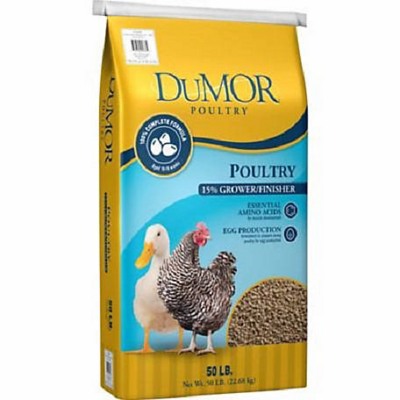DuckyBabies
Songster
- Oct 15, 2018
- 362
- 865
- 171
Hello all! I have a jumbo pekin named Bingo who is having some troubles. He is about to turn 3 this year. For backstory, he has walked with a slight limp for a year now (he’s a very chunky duck). I noticed a couple weeks ago, that he is having a really hard time walking. He spends his days either in his pool or in the same spot in the yard. He no longer forages and rarely even moves. When he walks, he can’t take more than 3 steps without extending his wings and using them as a crutch while his whole body shakes. Sometimes he just falls down and lays there. His feet look fine, as do his legs. I see no signs of injury. My other duck is fine, so I’ve ruled out any kind of toxic related problem. He still eats, drinks, and poops, and preens, he just can’t get around. It takes him a good 10 minutes to walk to the coop at night to be put up. It’s really hard to watch. We have no vets that will see ducks. I’m just wondering if it’s something due to his size and if it’s potentially time to put him down. Any advice is welcome!





